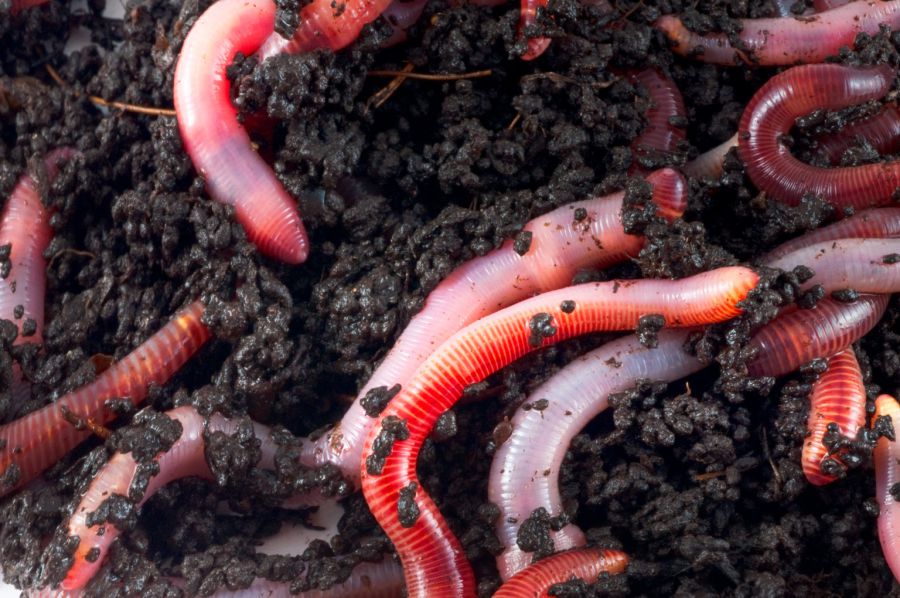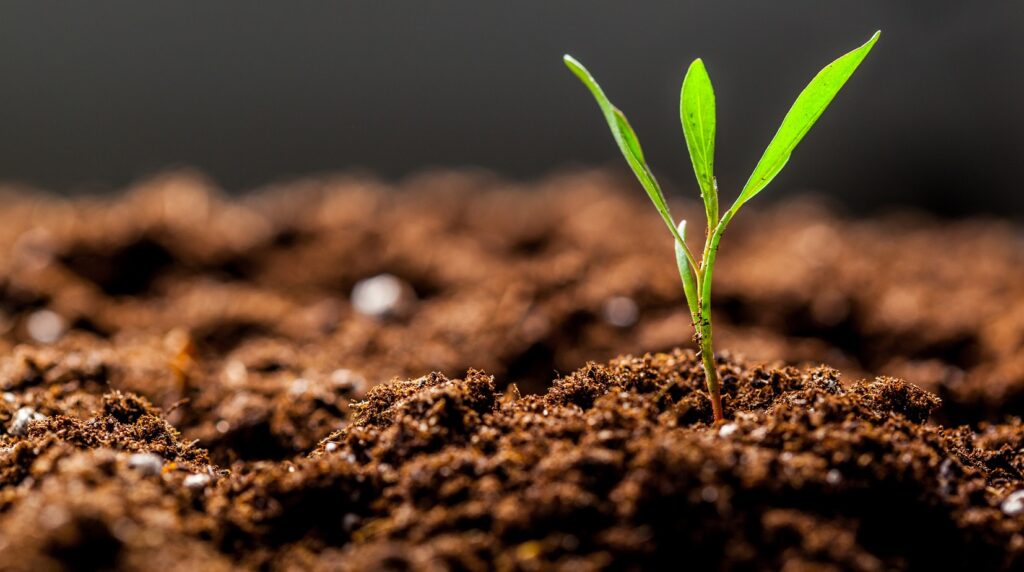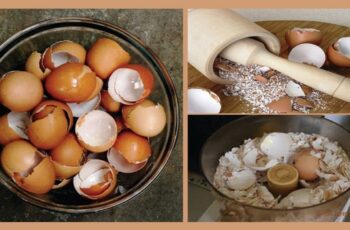Ad Blocker Detected
Our website is made possible by displaying online advertisements to our visitors. Please consider supporting us by disabling your ad blocker.
No-dig gardening is a great way to save time, energy, and your back while improving the health of your soil. By not tilling, you allow the beneficial organisms in your soil to thrive undisturbed, making it a better place for your plants to grow.
With the right tools and supplies, you can easily create a no-till vegetable garden that will provide you with healthy, nutrient-rich vegetables.
The no-dig gardening concept was popularised by Sydney gardener Esther Dean in the 1970s as a way of minimizing gardening effort while kick-starting a garden with maximum fertility. Any more fertility and you’re likely to have triplets.
A no-dig garden consists of layers of organic material that are stacked up to form a rich, raised garden area. The no-dig garden can be whatever height you desire. Vegetable seedlings, flowering annuals, herbs, bulbs, and strawberries all thrive in a no-dig garden.
6 Practical Reasons To Stop Digging Your Garden
The soil is a thriving ecosystem that surpasses any visible ecosystem, despite being invisible to the naked eye.
Given that a single tablespoon of healthy soil contains 50 billion microbes, it is important to consider the consequences of disturbing it.
When we dig and aerate the soil, we inadvertently expose it to drying air and harmful ultraviolet rays, which can sterilize the soil and kill beneficial organisms. Perhaps traditional gardening methods are not ideal.
However, there is a silver lining!
First, let’s explore the benefits of transitioning to a no-dig gardening approach in your backyard, and then we’ll provide the necessary steps to get started.
1. Soil compaction
Farmers discovered that tilling the soil improved its fertility in the distant past. However, this technique only works once, and repeating it on the same plot of land diminishes its productivity. As a result, farmers rely on chemical fertilizers to compensate for this decline, leading to a vicious cycle of increasing chemical use, tillage, and soil compaction.
Disturbing the soil by tilling it and then compacting it again, either by tractors or foot traffic, destroys the intricate soil structure and hinders air and water penetration to the roots of plants. Since water is crucial for plant life, it is important not to cut off its supply but rather enhance it by gradually improving the soil over time.
It is also essential to be mindful of where you step in the garden. Raised no-dig gardens are an excellent solution for avoiding soil compaction, as are dedicated garden paths.
2. Fewer weeds
In a no-dig garden, the absence of bare soil inhibits the germination of both perennial weeds and annual seedlings. With layers of mulch covering most of the garden, weed growth will be significantly reduced compared to a traditional garden.
Nonetheless, some weeds may still find their way into the garden, either via compost or by windblown seeds. Over time, however, the amount of weed coverage will decrease, and the weeds can be removed by hand. By plucking out a few weeds each time you harvest, you can maintain a beautiful garden throughout the season.
It’s worth noting that many weeds are edible and incredibly nutritious for both humans and the animals you raise. As you maintain your garden, pick these weeds frequently and include them in your diet or feed them to your animals.
Some examples of edible weeds include:
chickweed
dandelion
purslane
goosefoot
plantain
stinging nettle
clover
3. Attract more earthworms

Organic farms rely on the organic matter present in the soil to thrive, as do earthworms. By abstaining from digging and allowing the soil to rest, it gradually becomes more robust and fertile over time.
In contrast, plowing and turning the soil deeply can result in the loss of beneficial organisms, such as earthworms. Disturbing the soil actually decreases the population of worms.
By continually adding mulch and compost to your no-dig garden, you provide the worms with the ideal environment to thrive. In return, they assist in aerating the soil, improving its overall quality.
4. Increased water retention
By adding generous amounts of organic matter, your no-dig garden will flourish. You can even layer it up to a depth of 4 inches (10 cm) on top of the soil. This combination of various components will enable your garden to absorb and retain moisture while allowing excess water to drain away. As a result, you’ll spend less time watering and more time enjoying your plants!
Eventually, your neighbors will take notice of your impressive harvest and realize that you’re not watering every day, if at all. Let them observe and ask questions, then offer them some of your products as the best way to share the benefits of no-dig gardening.
If you live in a drought-prone climate, remember that adding mulch can also significantly reduce evaporation.
5. Higher yields
Don’t be discouraged if your first year of no-dig gardening doesn’t meet your expectations. Quality and yield will improve over time, so don’t be misled by early results.
Layering compost and organic matter is just the beginning, and it takes several months for these materials to decompose and provide the necessary nutrients for your new seedlings. However, this process of creating new, healthy soil is essential for a bountiful garden.
Take the time to observe and savor the gradual improvement in your vegetables’ flavor and nutrition as you allow nature to work at its own pace. With each passing year, your crops will become increasingly nutrient-dense, and your garden will thrive.
6. Minimal disruption to the soil

Leaving the soil undisturbed provides a natural habitat for beneficial organisms to flourish and maintain a balanced ecosystem between prey and predator species.
When it’s time to plant your garden seeds, simply remove the mulch and use a basic tool, like a stick, to create a furrow directly on the soil. Place your seeds in the trench and wait for them to germinate. There’s no need to dig any deeper because worms are better diggers than humans, and if you provide them with food, they’ll help to nourish your plants
Why?
- This type of garden can be set up anywhere – over a lawn, inside a box frame, or even over concrete.
- No-dig gardens are quick and easy to make.
- If your soil is not ideal for veggie growing, a no-dig garden creates a great soil mix to plant into.
- No-dig gardens are very fertile as the decomposing organic matter quickly becomes rich, black compost, and attracts beneficial micro-organisms.
- It retains moisture well.
- It discourages the growth of weeds as the soil is not turned over (burying weed seeds in moist soil).
Materials
- Newspaper (let’s turn bad news into good!)
- A decent amount of blood-and-bone or chicken manure (if building a garden over grass or weeds)
- A large amount of bulk manure – e.g., horse, cow, sheep, or wildebeest – think grazing animal
- High carbon (usually brown) organic material – e.g., straw, autumn leaves, or dry grass clipping
- Compost (black, rich, broken down organic matter)

